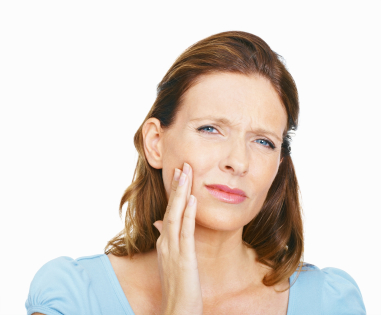A dentist’s role in dealing with sleep disorders starts after a diagnosis has been made by a general practitioner or a sleep physician. Due to limits of licensure, dentists are legally unable to diagnose sleep disorders, however once a diagnosis has been made a dentist can help treat the sleep disorder.
As the field of sleep medicine has grown and advanced, so has awareness of the importance of having qualified and informed dentists who specialize in the field of sleep medicine. Today, hospital sleep labs are required to have dentist on staff in order to be certified.
The American Academy of Sleep Medicine has released a statement indicating the important role of dentists and dentistry in regards to sleep disorders and sleep medicine. The AASM recommends that physicians refer patients to dentists experienced with sleep medicine as a first line of treatment in certain cases. These include patients with mild to moderate obstructive sleep apnea and chronic snoring. Dentists treat sleep apnea and other sleep disorders with oral appliances that alter the shape of the mouth and throat while sleeping. According to the American Academy of Sleep Medicine, “Oral appliances (OAs) are indicated for use in patients with mild to moderate OSA who prefer them to continuous positive airway pressure (CPAP) therapy, or who do not respond to, are not appropriate candidates for, or who fail treatment attempts with CPAP.”
Your dentist will work in conjunction with other sleep doctors to determine the best course of treatment for your specific sleep disorder.
To learn more about the ever expanding contributions of dentists to the treatment of sleep disorders you may wish to visit the American Academy of Dental Sleep Medicine.
Dental Treatments For Sleep Disorders
Dentists use a variety of oral appliances to treat sleep disorders. This approach to the treatment of sleep disorders, mainly sleep apnea, is called oral appliance therapy. In some cases a dentist who specializes in sleep medicine may recommend certain surgical procedures to best control sleep disorder symptoms.
Before beginning oral appliance therapy your dentist will collect data about your sleep patterns. Sometimes this is done through an at-home sleep study. If you have had somnography at a sleep lab, or if your sleep physician plans to send you to a sleep lab to study your sleep habits then your dentist will likely be able to get all the data required from the oral appliance therapy from the sleep lab study results. The dentist will also have to take X-rays and impressions.
Your dentist will show you several types of oral appliances and help you select the appliance that will provide the most benefit for you. Based on the impressions taken of your teeth and mouth, the dentist will have an oral appliance created specifically for you. Be sure you understand how to use and care for the appliance as it will be an important part of managing your sleep disorder.
There are over 80 different oral appliances on the market but they can be divided into two basic types. Tongue retaining appliances keep the tongue in a forward position to prevent it from blocking the airway. Mandibular re-positioning appliances pull and hold the lower jaw forward which helps stabilize the jaw and keep the airway open. Depending on your specific sleep disorder, physiology, and sleep habits your dentist will help you determine the most appropriate type of oral appliance to help you. The oral appliance may be used alone or in conjunction with other treatments, especially CPAP.
Advantages of Dental Treatments
Dental treatments and oral appliance therapy are a great way to manage certain types of sleep disorders. Although sleep disorders like restless leg syndrome and narcolepsy cannot be treated using these methods, for people who suffer from sleep apnea and snoring dental treatments can greatly improve their quality of sleep. If you have, or suspect that you have, a sleep disorder consult your doctor or sleep physician first in order to receive an accurate diagnosis. Be sure to pursue dental treatments for your sleep disorder whenever they are applicable.
When compared to other forms of sleep disorder therapy, oral appliance therapy by dentists who specialize in sleep medicine have several advantages. First, they are comfortable and easy to wear, which means that people get used to them quickly and easily. Oral appliances are small and traveling with them is easy. Finally the treatments provided by sleep medicine dentists are reversible and non-invasive.

